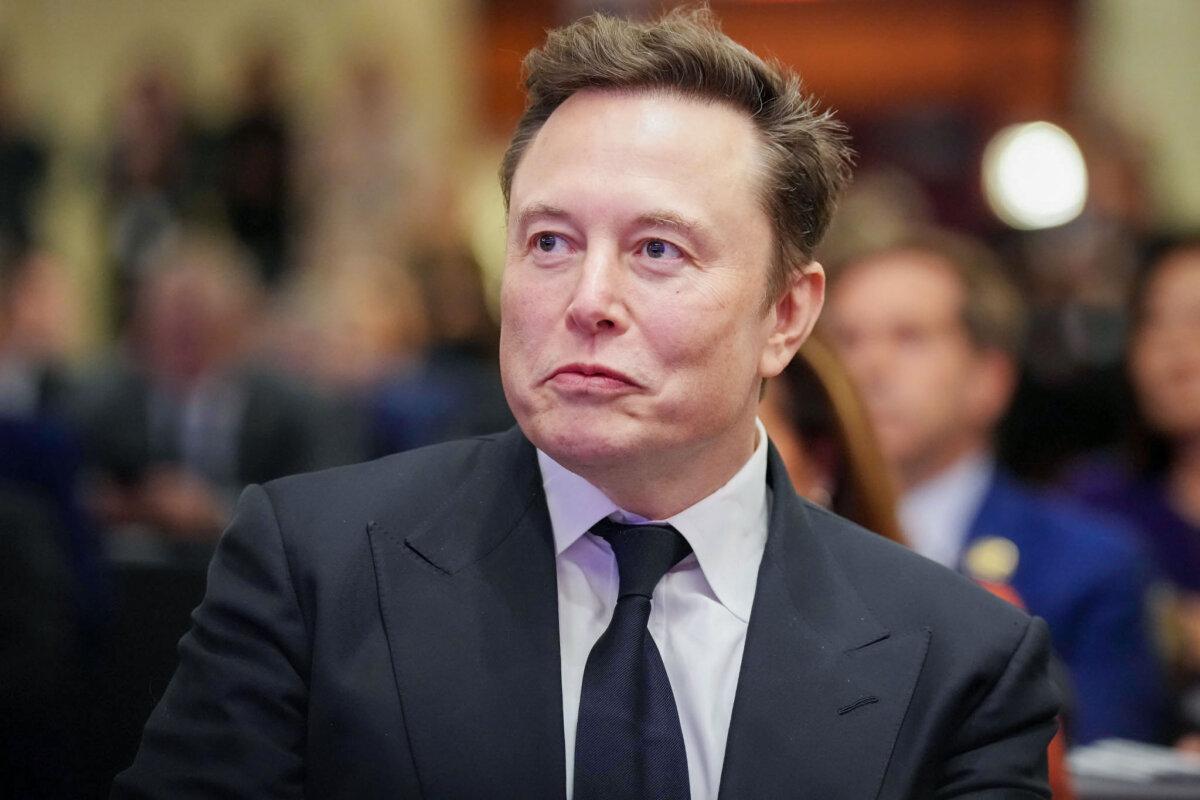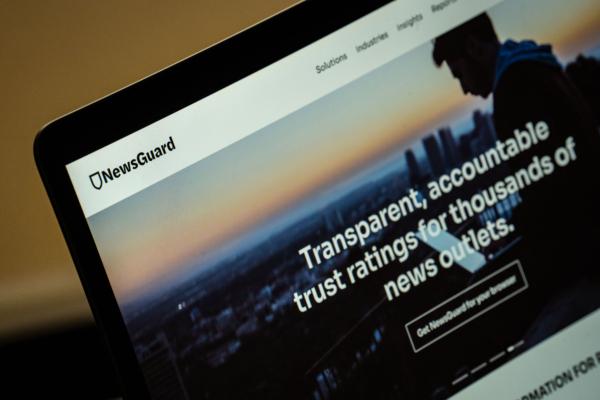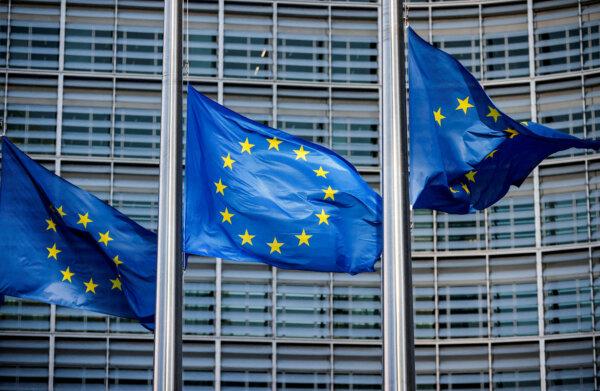EU Commission Expresses Concern Over Meta’s Fact-Checker Pivot
Zuckerberg has vowed to resist the ‘ever-increasing’ internet laws globally, particularly in Europe, where fact-checkers are crucial to EU regulation.
The European Commission has responded cautiously to Meta’s decision to replace fact-checkers in the United States with a new “community notes” system, sparking a debate on how the tech behemoth will navigate the strict internet controls of the European Union.
In a significant departure, Zuckerberg also criticized fact-checkers as “too politically biased,” claiming they have “eroded more trust than they have built.”
“Following [Donald] Trump’s election in 2016, the mainstream media extensively covered how misinformation posed a threat to democracy. We made an honest effort to address these concerns without assuming the role of truth arbiters, but fact-checkers have proven to be too politically biased, undermining trust more than enhancing it, especially in the US,” he stated.
He referred to Europe as a region of “censorship,” alluding to the EU’s Digital Services Act (DSA) that governs online content.
“Europe is witnessing a rise in laws that institutionalize censorship, hindering innovation in the region,” he remarked.
Thierry Breton, the EU’s former digital policy chief, indicated that the EU’s expansive disinformation law could ban X if the platform fails to comply with its stipulations.
In response to Meta’s adjustments, the EU Commission disclosed its position on fact-checkers and the potential repercussions of non-compliance with the DSA.
He emphasized that fact-checkers’ work in the EU is guided by “high-level ethical and professional standards” and highlighted that independent fact-checkers could serve as an effective means to “mitigate systemic risks” from “disinformation.”

Elon Musk in Washington on Nov. 13, 2024. Andrew Harnik/Getty Images
An adverse decision of non-compliance confirming a breach under the DSA could result in fines amounting to as much as six percent of the company’s global annual revenue.
“Basically, we emphatically reject any claims of censorship on our part,” added European Commission Chief Spokesperson Paula Pinho.
Fact-checking entities assist in identifying and flagging potentially misleading content in the EU.
They contend that associating fact-checking with censorship is “detrimental” and that such a link “fuels harassment and attacks on fact-checkers.”

The NewsGuard website is displayed on a laptop in New York City on July 26, 2023. Samira Bouaou/The Epoch Times
Decentralised Censorship System
In a 2024 report, Norman Lewis—visiting research fellow at the think tank MCC Brussels, former PwC director, and the director of technology research at Orange UK—asserted that the EU is enacting laws against hate speech and disinformation that constitute a “fundamental assault on free speech and democracy in Europe.”
Fact-checkers designated officially by the EU Commission, some of which are NGOs, play a role in flagging specific content pieces for platforms to review. Platforms are then mandated to take action, either by removing the content or conducting further investigations.
“This system promotes non-transparency,” Lewis told The Epoch Times. “Platforms are compelled to comply, claiming they have no option if they wish to continue operating in Europe.
“The fact-checkers lack accountability. Ultimately, the commission can deny censorship, placing the onus on Big Tech, even though the commission has created the environment necessitating this censorship.”
“Failure to act can lead to severe penalties,” he stated.
“My study points out that the commission outsources content monitoring rather than undertaking it themselves. They have purposely established a decentralized censorship system where their censorious intent is always an arm’s length away.”

European Union flags fly outside the European Commission headquarters in Brussels on March 1, 2023. Johanna Geron/Reuters
Lewis acknowledged the need to remove content promoting terrorism or illegal activities but cautioned that the system also targets more subjective content like hate speech. The lack of clear definitions and accountability results in the removal of a significant amount of legitimate content.
“You’d be surprised by the number of incidents and content takedowns. Searching for hate speech reveals a vast number of posts,” he commented.
“The issue lies in the lack of transparency: the public cannot access this data to see the nature of the removed content—it could range from being extremely perilous like violent sexual abuse or calls to violence.
“Alternatively, it could be legitimate, such as dissent against the Green Deal, EU immigration policies, or gender identity,” he added.
He indicated that Zuckerberg’s remarks on “censorship, along with his plans to eliminate fact-checkers and Elon Musk’s actions on X, will directly challenge” the EU, although Meta has stated that this change won’t apply in the EU
Source link





